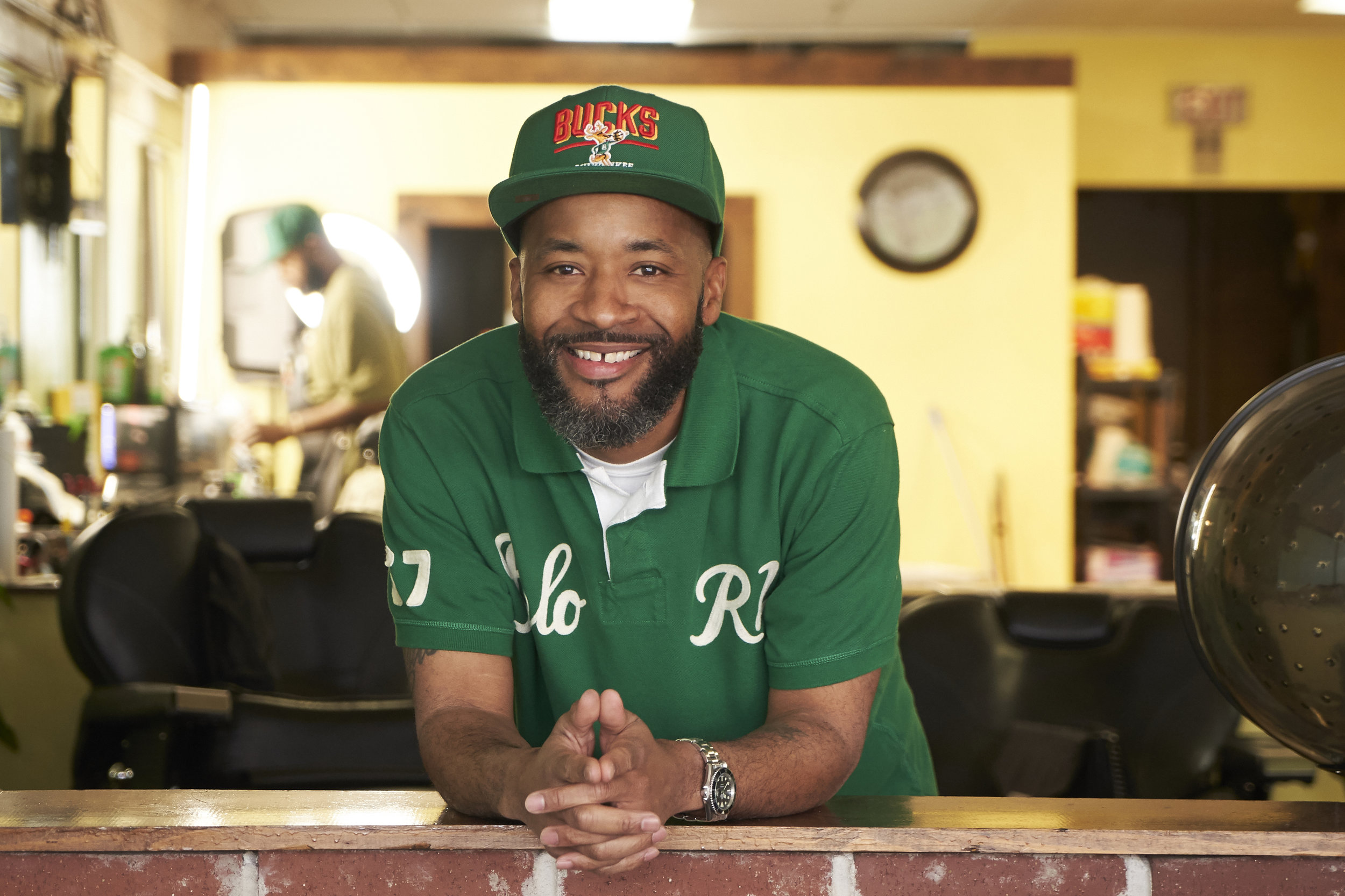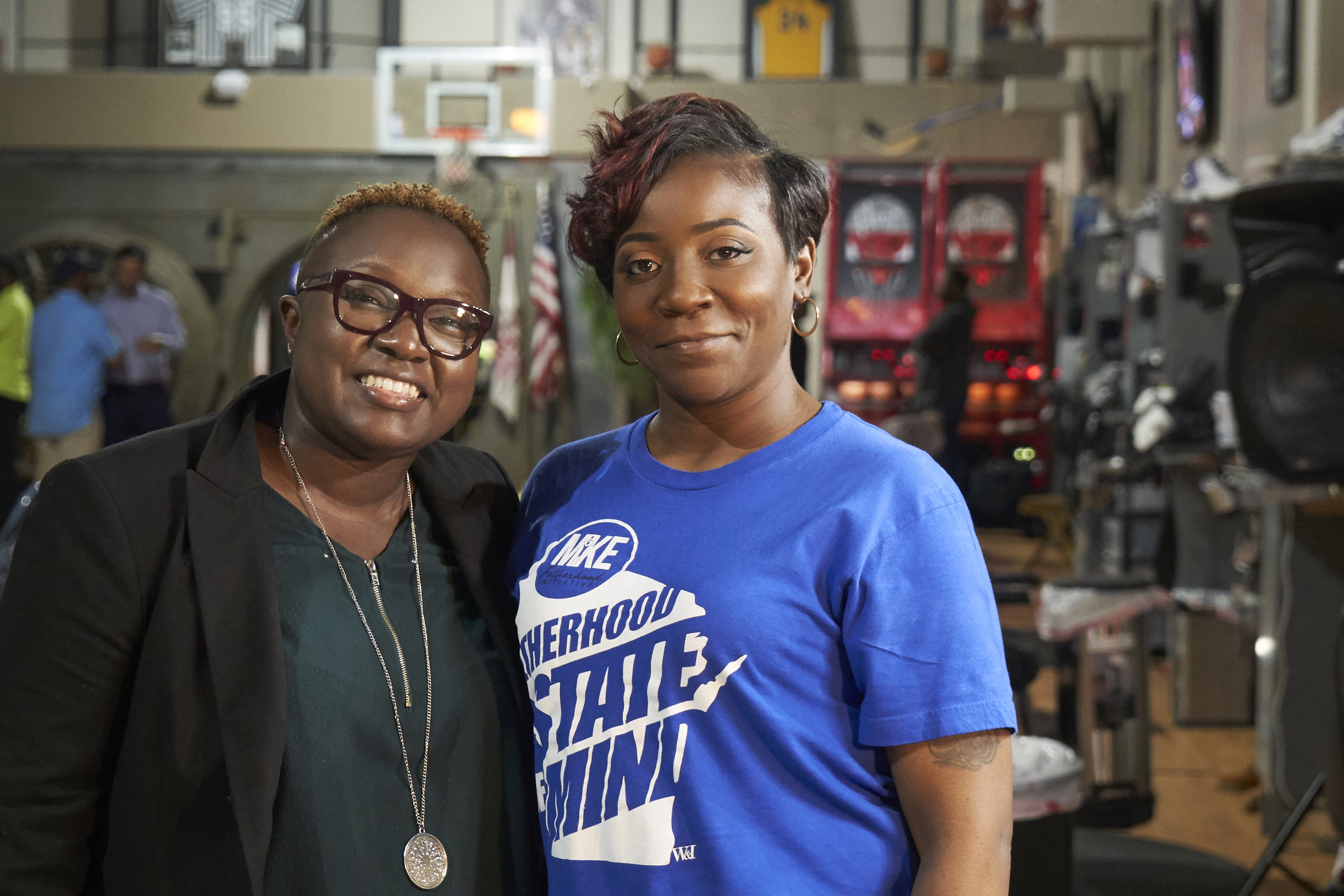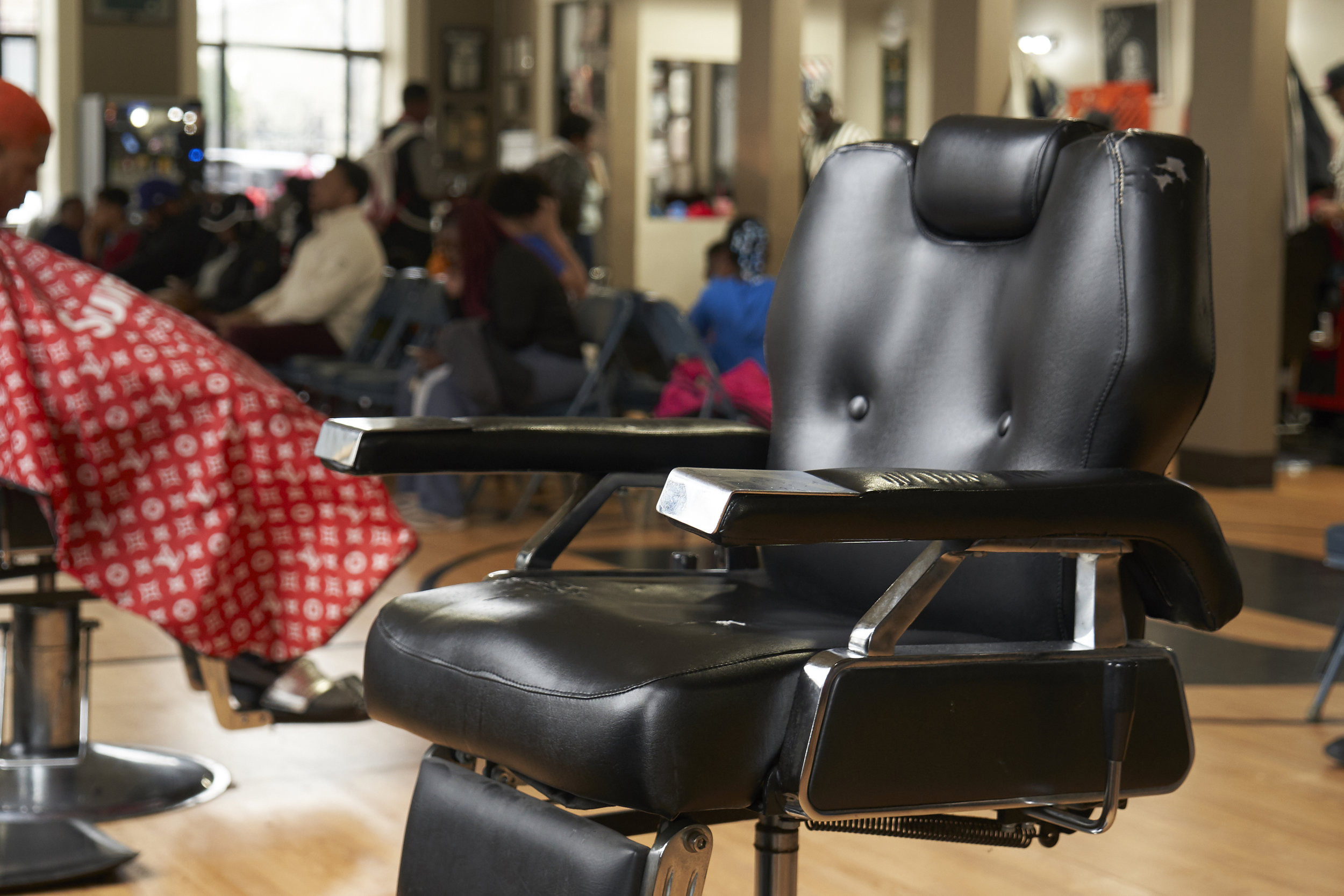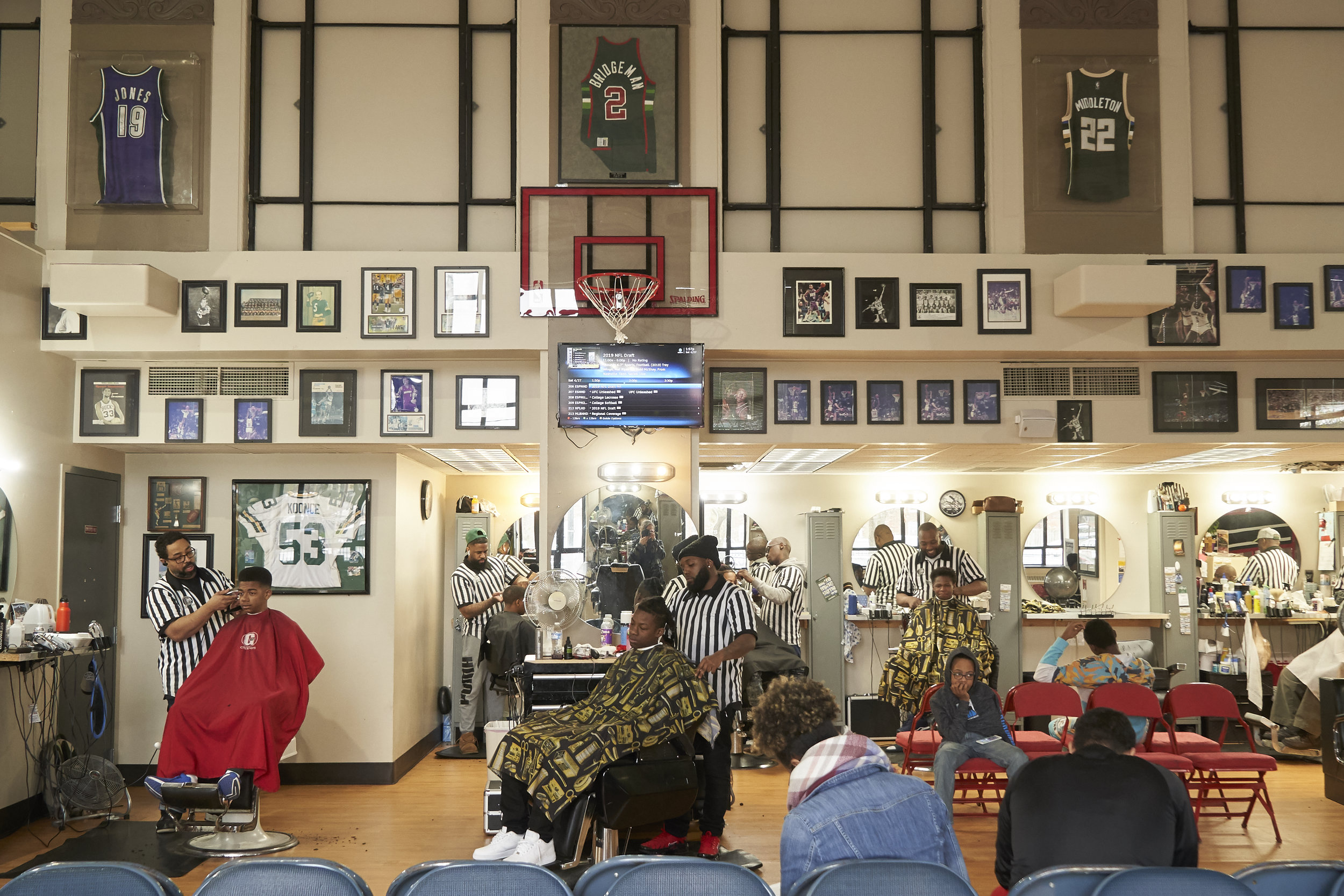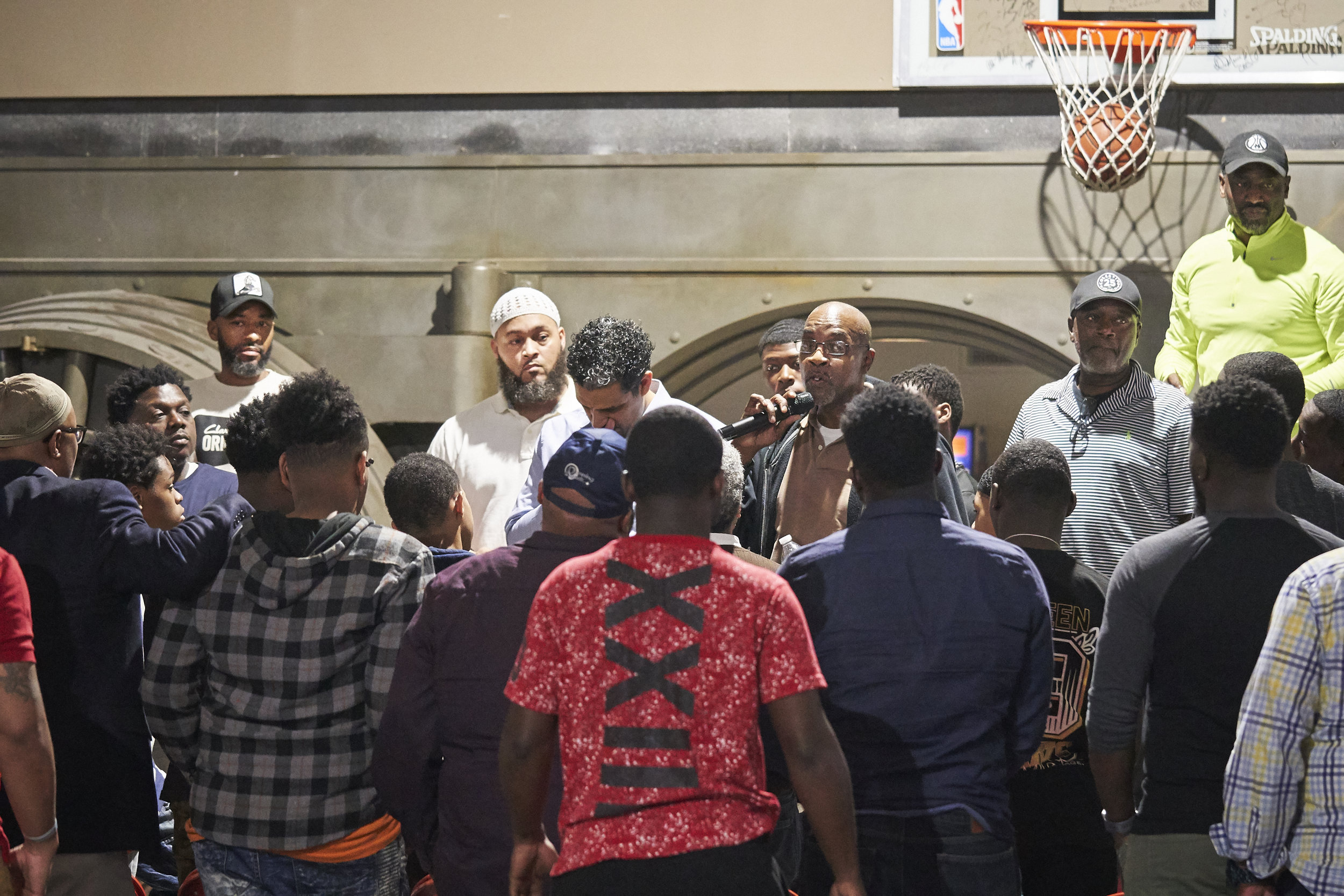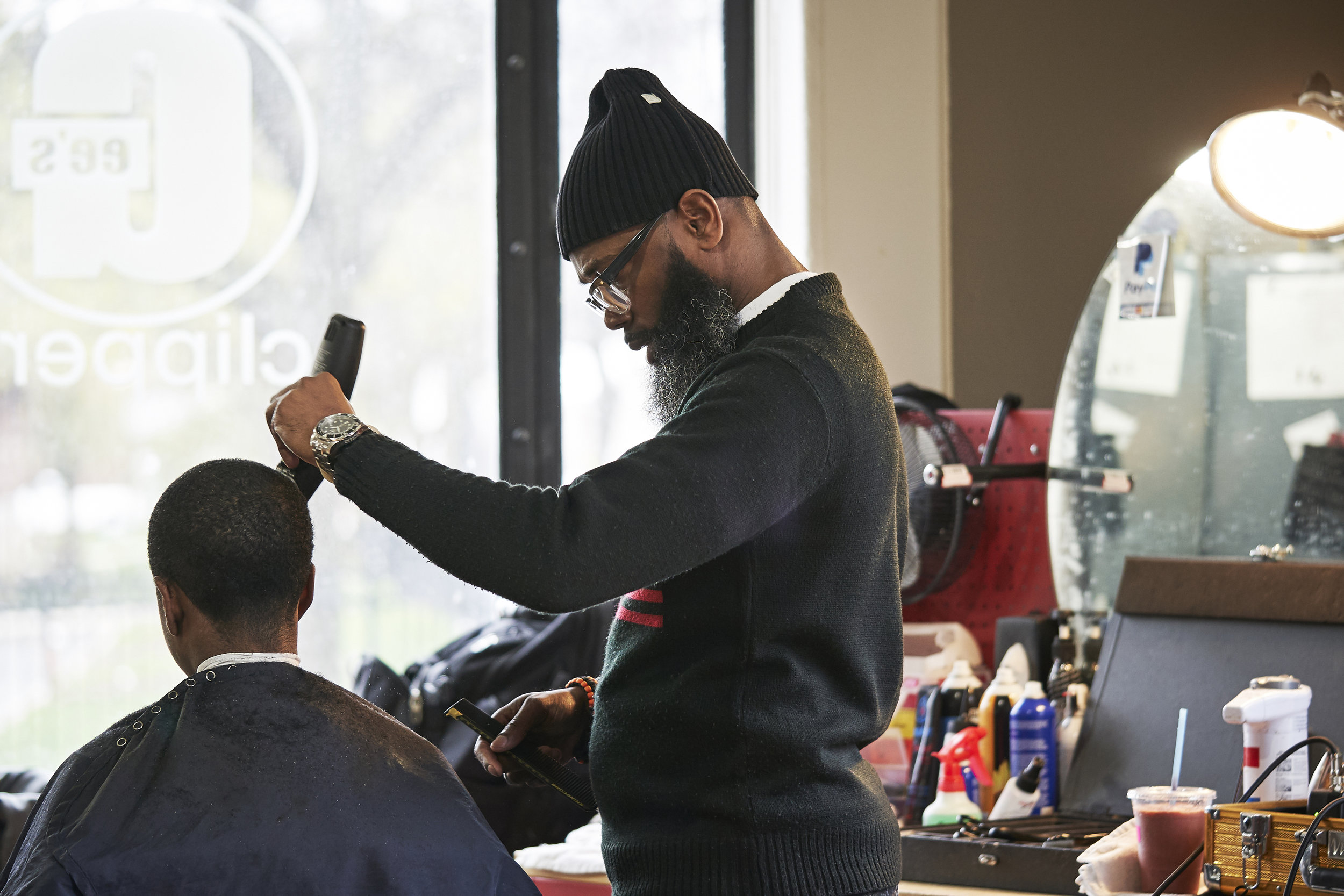At 20 years old, Joann L. Henriques’ life was just starting. On the verge of moving to New York for school, she got pregnant, and the father chose to leave her to raise the baby alone. Unprepared and terrified, she began calling organizations for assistance.
“I remember swallowing my pride and asking for diapers,” she says. When she met with people working at the larger nonprofits in the city, she recalls their insensitivity, making her feel like just another number on a long list. She never wanted to feel that way again and wanted to prevent other single mothers from going through that same experience.
Since she was a teenager, Henriques dreamt of a career in helping women, and after living through the hardships of being a single mother, that dream only grew stronger. She lost motivation in her 20s, but in her early 30s, she was finally back on her feet. One day while listening to a sermon in her church about finding one’s purpose, she decided it was time to pursue the dream she had put on hold.
“‘All This Started With a Dream’”
She didn’t waste time trying to figure out logistics or funding; instead, she went straight to the source to provide single mothers with what they need most: diapers. So, Henriques began walking the streets handing out free diapers, and before long, she was being called “the diaper lady.” When word got out, members of her church began bringing her diapers to distribute, and women in need began contacting her for help. “All this started with a dream,” says Henriques.
She soon realized that these women needed more than diapers; they needed resources and someone who would show them compassion. She thought back to her horrible experiences at large nonprofits and knew she could do better. So in 2005, Henriques rented a small office space with her own money, and JLH Women’s Mentoring Services was born. Fourteen years later, Henriques is still in that space handing out diapers, connecting women to services in the city and crying with them when all they need is someone to listen.
Determined to act and follow her dream, Henriques never felt the need to become a certified counselor, because to her, it didn’t matter: She knew that she could positively impact women’s lives simply by dedicating her time and energy. While working a full-time job, Henriques has showed up at her office space every Friday and Saturday for 14 years, helping more than 3,000 women so far.
Humble and soft-spoken, Henriques puts her heart into her work. When she is with her clients, she is gracious, but when they need her to stand up for them, she is relentless. She has done everything from confronting pimps, to leading prayer sessions in brothels, to fighting for restraining orders in court. She is a beacon of hope for struggling mothers and will stop at nothing to support them.
“I always tell people that babies are not going to stop coming, and girls are not going to stop finding love, so keep the diapers coming.”
JLH Women’s Mentoring Services is located at 3846 W. Wisconsin Ave., Suite 109. For more information, call 414-934-0216, send an e-mail to jlhmentoring@live.com or visit rehobothnewlife.com/jlh-womens-mentoring-services.
Read the article in the Shepherd Express.




